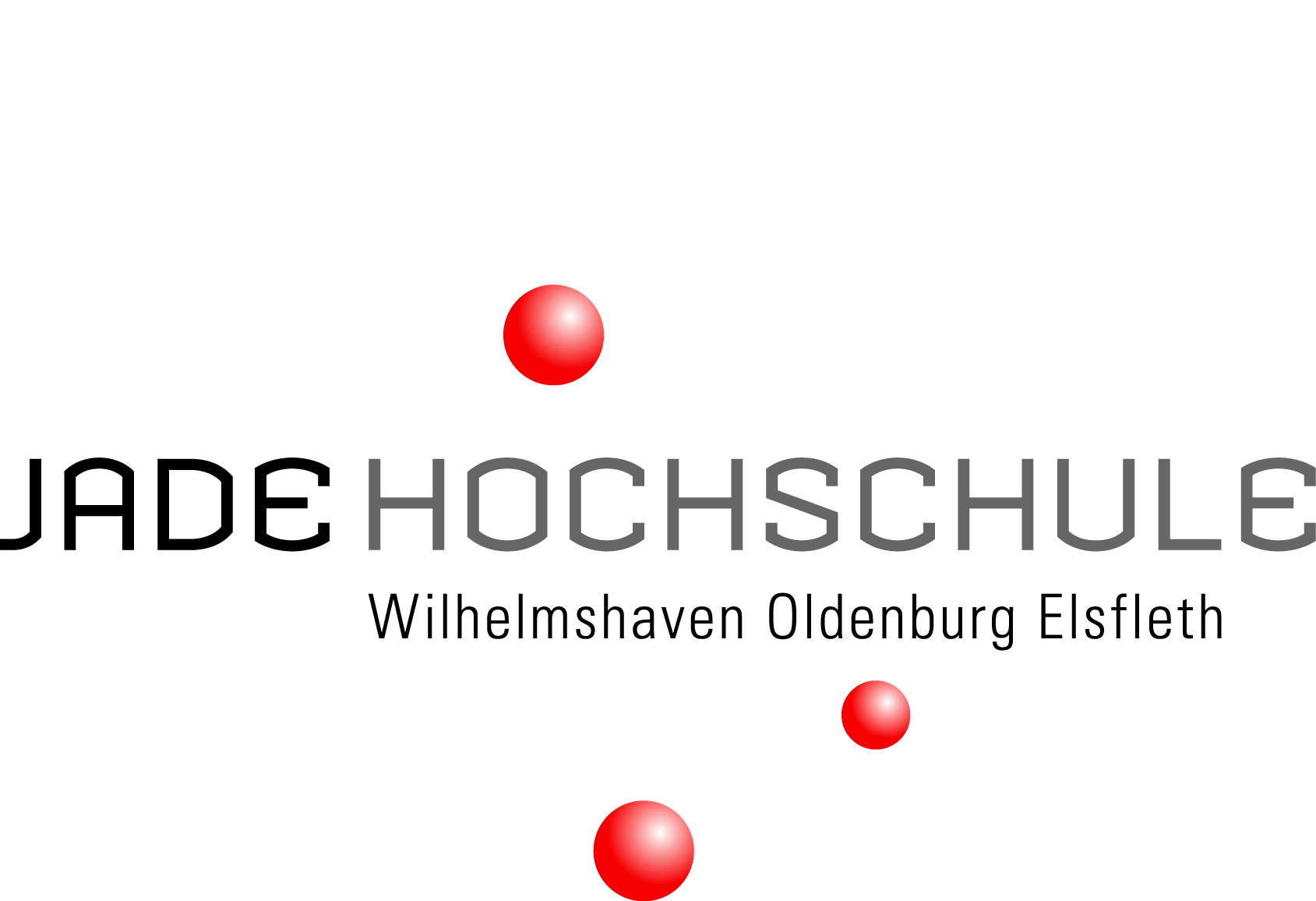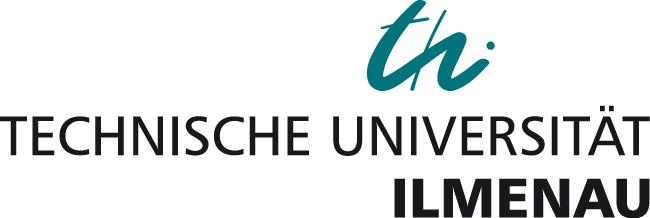Goals
AUDICTIVE will help bridge the gap between auditory perception and cognition on the one hand (a) and virtual reality on the other hand (b). The priority program intends to join independent scientific communities to gain additional knowledge from auditory perception and cognition research conducted in more realistic environments. To achieve this aim, AUDICTIVE will foster cutting-edge research by supporting tandem projects that include researchers from the field of acoustics on the one hand and any combination of cognitive psychology or interactive virtual environments on the other hand with the goal to make progress in context-related hearing research and VR.
This cross-disciplinary research has now become possible in a new quality and originality due to recent technical developments and resulting experimental opportunities. Interactive auditory VR is now available and applicable even for non-specialized laboratories in which humans can interact with the auditory scene, so that the listener's ears can immediately adapt to the auditory input through, e.g., rotations of the head or spatial movements of the human and of acoustic signal sources. Accordingly, advanced contextual hearing research is now feasible for a broader and more comprehensive research community in terms of disciplines, topics and research questions. Acoustics, cognitive psychology, and computer sciences can now collaborate on a specialized VR research to achieve synergistic effects that have not been attainable before.
An open science approach will be fostered, developing a comprehensive database of results. All projects will have to include a quality evaluation with regard to the obtained results (c), in terms of "auditory-cognition research validation" (a) and/or "auditory-cognition-centric VR evaluation" (b). The respective methods and data will be integrated into an evaluation-method framework across all projects.
Research Disciplines
AUDICTIVE brings together researchers from different disciplines – acoustics (perception and rendering), cognitive psychology, and computer science (virtual reality, VR) - by encouraging joint research efforts to enhance our understanding of and competence in the field of auditory cognition in interactive virtual environments, as a proxy to the real world. Currently, these research efforts have been performed mostly separated within single scientific research communities. This prevents the cognitive psychology and acoustics communities to fully exploit the huge potential of VR for testing and extending their existing theories within the more realistic, rich, and interactive virtual environments that can be created with the current state-of-the art in VR technology.
At the same time, VR research can benefit from knowledge of auditory perception and cognition to understand the important quality criteria that need to be met to optimize user perception and cognitive performance as well as subjective experience and (social) presence within a virtual environment. Due to the added-value of the collaboration and research methods from the three disciplines, it is expected that hearing, auditory cognition as well as VR research can be raised to significantly higher levels.
Participating Institutions
 |
 |
 |
 |
 |
 |
 |
 |
 |
 |
 |
 |
 |
 |
 |
 |

